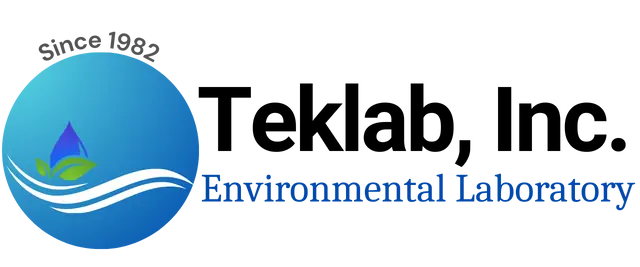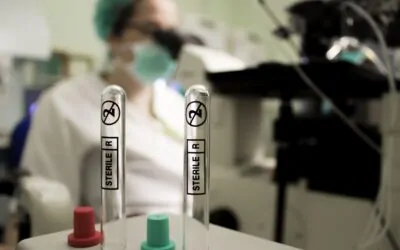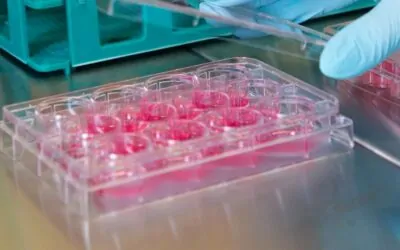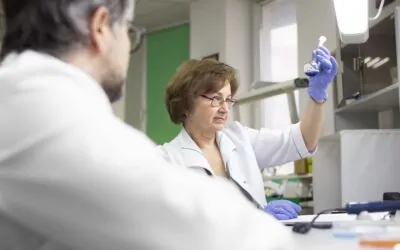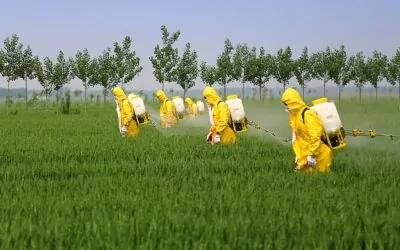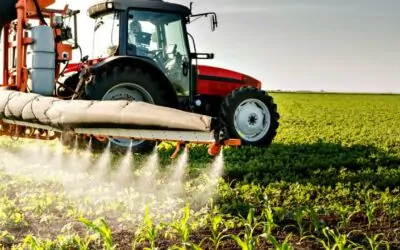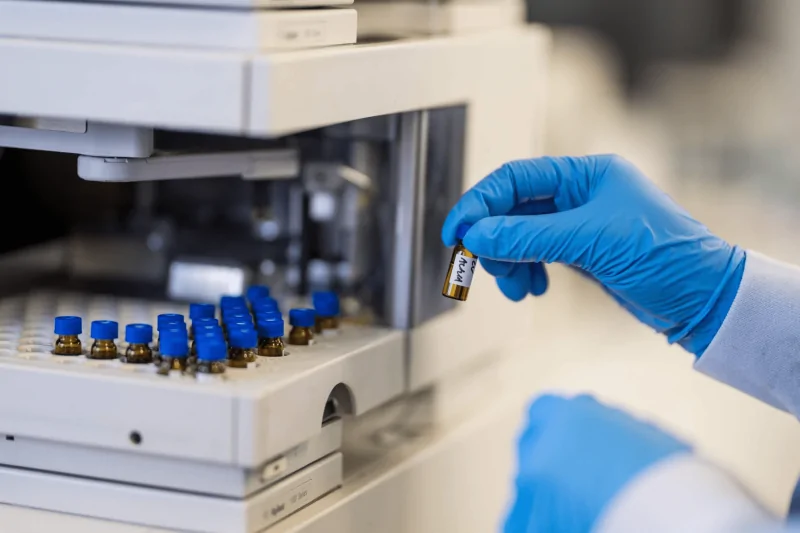Teklab offers EPA 1671 PMI testing, providing comprehensive analysis of semi-volatile organic compounds. As a NELAC accredited laboratory, we ensure precise and reliable results for a wide range of environmental samples.
Organic Testing
At Teklab, we excel in the precise analysis of a wide range of Semi-Volatile Organic Compounds (SVOCs) to meet the stringent requirements of industrial, municipal, and regulatory clients throughout the Midwest.
Comprehensive Analysis of Semi-volatile Organic Compounds
At Teklab, we specialize in the precise testing of a wide variety of Semi-volatile Organic Compounds (SVOCs) to meet the rigorous demands of industrial, municipal, and regulatory clients. Our advanced environmental laboratory routinely analyzes soils, waters, and special wastes using state-of-the-art methods, ensuring that every test we conduct is both accurate and reliable. From BNA and PAH testing to pesticides and herbicides, our comprehensive list of semi-volatile methods is designed to address your specific needs.
Understanding that many unique organic compounds exist, and local regulatory agencies may require testing beyond standard EPA or SW846 lists, Teklab performs validation studies to ensure your particular compound can be accurately extracted and analyzed. We pride ourselves on maintaining NELAP accreditation standards, providing you with trustworthy and legally defensible results. Whether your testing requirements are routine or specialized, Teklab’s commitment to quality and precision ensures that your environmental testing needs are met with the highest level of expertise.
What Are SVOCs?
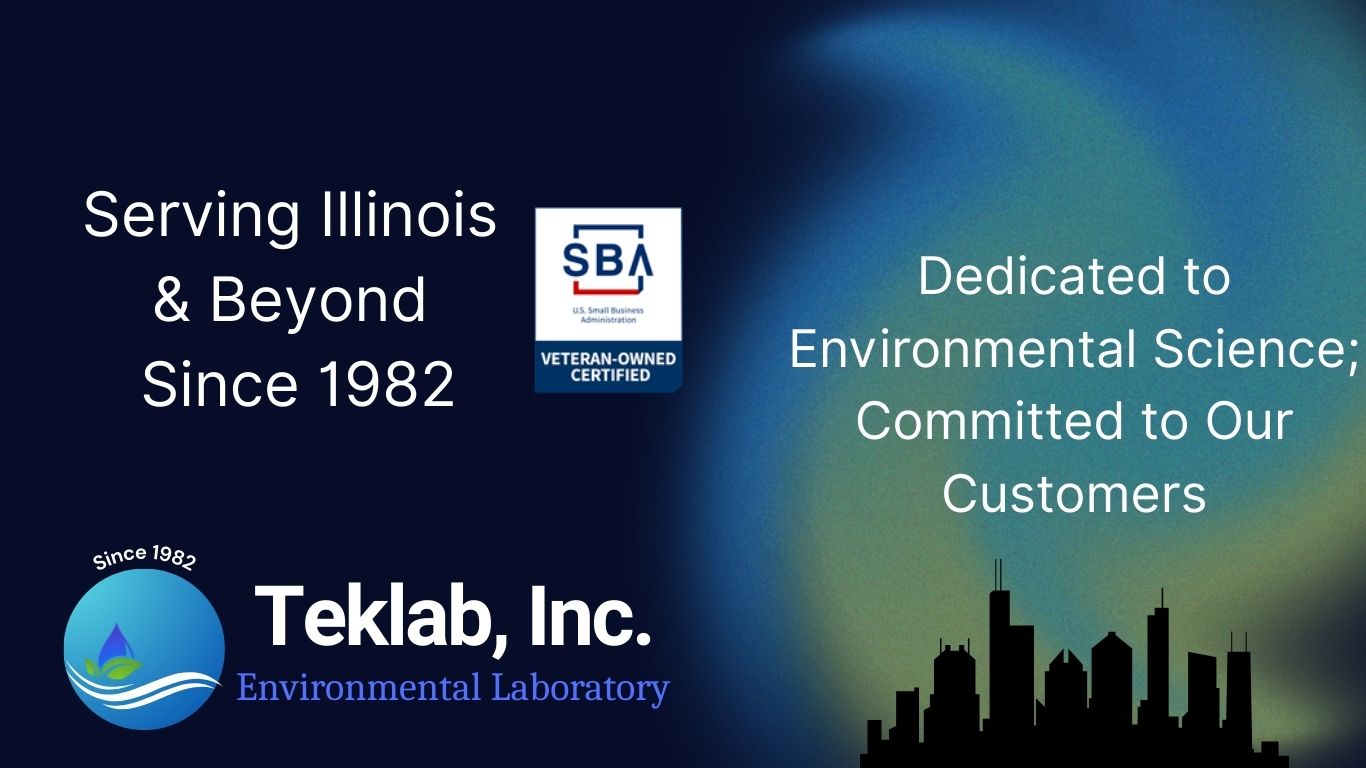
Above and Beyond: Precision Environmental Analysis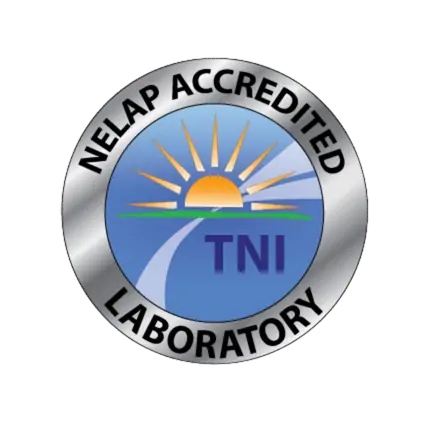
At Teklab, we go beyond standard testing to deliver the highest level of expertise and quality control. You can trust our rigorous processes to provide accurate results, even for uncommon compounds not typically covered by EPA-approved methods.
Why Choose a NELAP-Accredited Lab?
As industry experts, we advocate for using a NELAP-accredited environmental testing laboratory, regardless of specific requirements.
We do this because:
- Accreditation reflects a deep commitment to scientific rigor, proficiency, and the pursuit of excellence in analytical testing.
- The stringent regulatory compliance demanded of accredited labs ensures that we deeply understand the challenges and nuances of environmental regulation. Our experience and professional wisdom guide us in preserving the environment and navigating its complexities.
An Unwavering Commitment to Quality
- Our analysts undergo continuous training in quality and safety protocols, ensuring meticulous attention to detail and accurate results.
- We foster a culture of excellence, dedicated to providing reliable environmental analysis.
Need More Information? We’re here to help! Our laboratory support personnel or management team can be reached through our Contact Us page for expert assistance and quick response.
